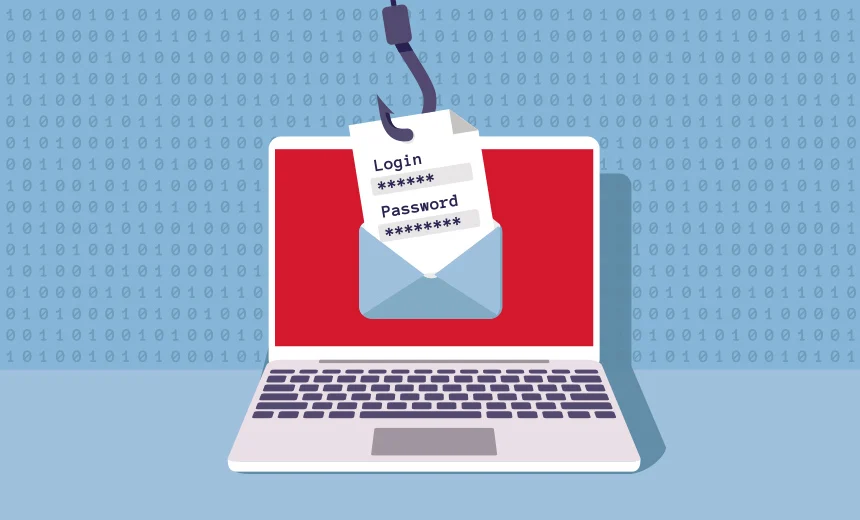Introduction: Why Cybercriminals Target Real Estate Professionals
Real estate transactions involve large sums of money, sensitive client information, and multiple parties communicating online. These factors make real estate professionals a prime target for cybercriminals. Without proper cybersecurity awareness, agents, brokers, and title companies risk falling victim to costly scams. Understanding the cybersecurity threats for real estate agents is crucial to safeguarding transactions and protecting clients.
For more details on real estate cybersecurity risks, visit the FBI Internet Crime Report and National Association of Realtors Cybersecurity Guide.
n this guide, we’ll explore the five most common cybersecurity threats for real estate agents and provide actionable steps to prevent them.
1. Wire Fraud & Business Email Compromise (BEC)
How It Works
Wire fraud in real estate typically starts with business email compromise (BEC). A cybercriminal gains access to or impersonates a trusted party—such as an agent, title company, or lender—to trick clients into transferring funds to a fraudulent account.
Real-World Example
A buyer receives a last-minute email from their “agent” with new wire transfer instructions. Believing the email is legitimate, they send the funds—only to realize later that it was a scam, and their money is gone.
Prevention Tips
- Always verify wire instructions by phone before transferring funds. Never rely solely on email.
- Use secure portals instead of email for sharing sensitive financial details.
- Train employees to recognize signs of spoofed emails and phishing attempts.
Learn more about our Cybersecurity Awareness Training for Real Estate Professionals
2. Phishing Attacks on Real Estate Agents
How It Works
Phishing scams involve cybercriminals sending emails or messages that appear to be from a trusted source. These emails often include malicious links, fake login pages, or requests for sensitive information.
Real-World Example
An agent receives an email that appears to be from their brokerage, requesting them to “reset their password.” The link takes them to a fake login page where the scammer captures their credentials.
Prevention Tips
- Educate employees on how to spot phishing emails (e.g., misspelled domains, urgent language, suspicious links).
- Implement two-factor authentication (2FA) for all work accounts.
- Use email security filters to block phishing attempts.
Learn about our Phishing Simulation Training
3. Ransomware Attacks on Real Estate Offices
How It Works
Ransomware is a type of malware that locks up a company’s data and demands payment to unlock it. Real estate firms are vulnerable because they store valuable client information.
Real-World Example
A brokerage firm’s entire database of contracts and client information gets encrypted by ransomware. Without backups, they are forced to pay thousands to recover their files.
Prevention Tips
- Regularly back up critical files to a secure, offline location.
- Keep software and security tools updated to prevent vulnerabilities.
- Train employees not to download attachments or click links from unknown sources.
4. Public Wi-Fi & Unsecured Devices
How It Works
Real estate professionals frequently work on the go, accessing client files and emails from coffee shops, airports, or open Wi-Fi networks. Unsecured connections allow hackers to intercept sensitive data.
Real-World Example
An agent logs into their email at a coffee shop. A hacker using the same Wi-Fi network intercepts their login credentials, gaining access to confidential client data.
Prevention Tips
- Always use a VPN (Virtual Private Network) when connecting to public Wi-Fi.
- Ensure that mobile devices and laptops have encryption and security software installed.
- Use strong, unique passwords for all accounts and enable multi-factor authentication (MFA).
5. Data Breaches from Weak Passwords
How It Works
Many real estate agents use simple passwords or reuse the same passwords across multiple accounts. This makes it easy for hackers to crack login credentials and access sensitive data.
Real-World Example
An agent’s email password is “password123” and gets leaked in a data breach. Hackers use it to log into their email and access confidential contracts and transaction details.
Prevention Tips
- Use password managers to generate and store strong, unique passwords.
- Enable multi-factor authentication (MFA) on all business accounts.
- Change passwords regularly and never reuse them.
Check out our Real Estate Cybersecurity Compliance Guide
How ClosingGuard Helps Real Estate Professionals Stay Secure
Cyber threats continue to evolve, making security awareness essential for every real estate professional. At ClosingGuard, we offer:
- Security Awareness Training to educate your team on phishing, BEC, and fraud prevention.
- Simulated Cyber Attacks to test and improve your team’s ability to recognize threats.
- Custom Cybersecurity Programs tailored for brokers, title companies, and mortgage professionals.
Protect your business today! Schedule a free consultation.
Conclusion
Cybercriminals are actively targeting real estate professionals through phishing, wire fraud, and data breaches. By implementing strong security practices and ongoing training, you can safeguard your transactions, protect your clients, and avoid costly cyberattacks.
Take action today: Sign up for Cybersecurity Awareness Training



